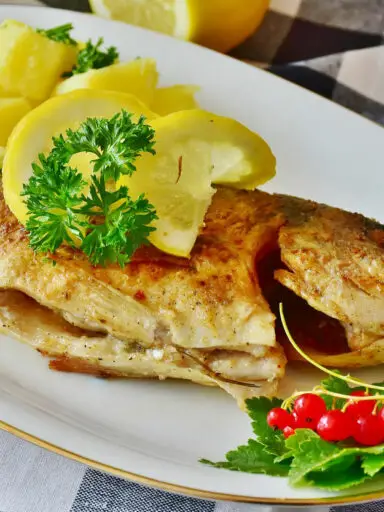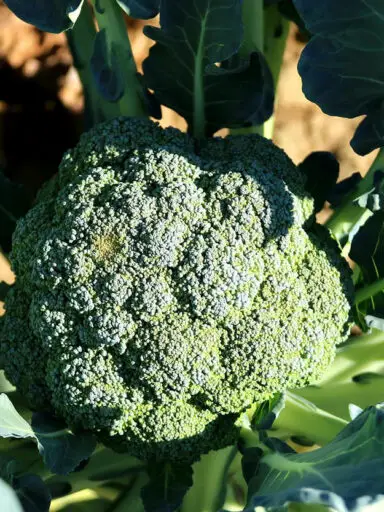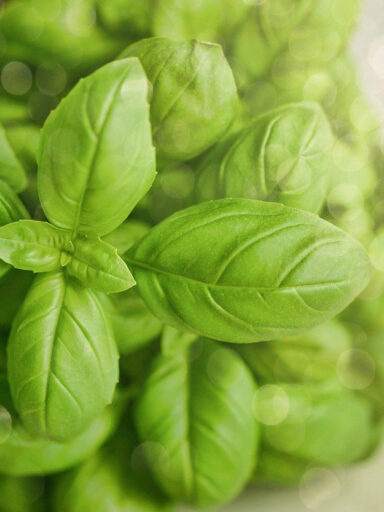Saffron is a spice derived from the flower of the bulbous saffron crocus plant also known as Crocus sativus.
This spice is used primarily as a flavoring and coloring agent in food. The spice is extracted from the vibrant, crimson, dried styles and stigmas called threads of the flower.
The Crocus sativus plant grows to about 20 to 30 centimeters tall and bears four flowers from which the spice can be obtained.
The spice is one of the most expensive pound-for-pound. The rich crimson color of the spice comes from crocin. Crocin is a natural carotenoid chemical compound. Its flavor comes from another natural chemical compound called picrocrocin.
This crop is native to Southwest Asia and the areas around Greece. The notable areas where Saffron is cultivated include France, Italy, Spain, Greece, Turkey, Iran, and the Indian state of Jammu and Kashmir which is known as “kesar”.
This crop flourishes best in cold, dry climates with well-drained, rich, and fertile soil. It is also great if the fields are irrigated.
The fresh saffron should be bought with the threads whole and intact. Avoid those that are sold in powdered form as these have a tendency to be adulterated with inferior quality products and other substitutes.
The product should be purchased in a sealed airtight container. Once at home it should be stored in a refrigerator away from sunlight to prevent oxidation of the valuable chemical compounds.
How to use Saffron in the Kitchen
Saffron should be used sparingly because it just takes a little to impart flavor and coloring to your dish.
The flavors and pigment can be extracted from the threads by simply adding them to the dish preferably towards the end of the cooking process where applicable. For example, the rice should be added at the beginning so as to fuse with the ingredients and water.
This spice can also be ground into a paste before adding to your recipes. Another method is to add the spice to a cup of hot water and let it sit for a while as the flavor and pigment are released into the water. The water can then be added to the recipe as desired.
In Asian and Mediterranean cuisine it is used to flavor drinks. In Indian, Pakistani, and Central Asian countries it is used in curries, rice-pilaf, rice-pudding, and several other sweet and savory dishes.
It can also be used to color baked goods like buns, cakes, and pastries as well as drinks.
Nutritional Benefits
Saffron is known to have antioxidant, disease-preventing, and health-promoting properties. It contains no cholesterol but has 310 calories per 100 grams
It contains a good amount of dietary fiber and is very rich in vitamins and minerals.
it is a great source of B-complex vitamins including folates, niacin, pyridoxine, and riboflavin. It is also rich in vitamin A and very rich in vitamin C.
Saffron contains huge amounts of minerals including calcium and copper. It is rich in selenium, zinc, and potassium.
It is also a great source of phosphorus and magnesium. This spice contains large amounts of Iron and extremely large amounts of manganese whereas 100 grams of saffron contains 12 times the recommended daily allowance.




